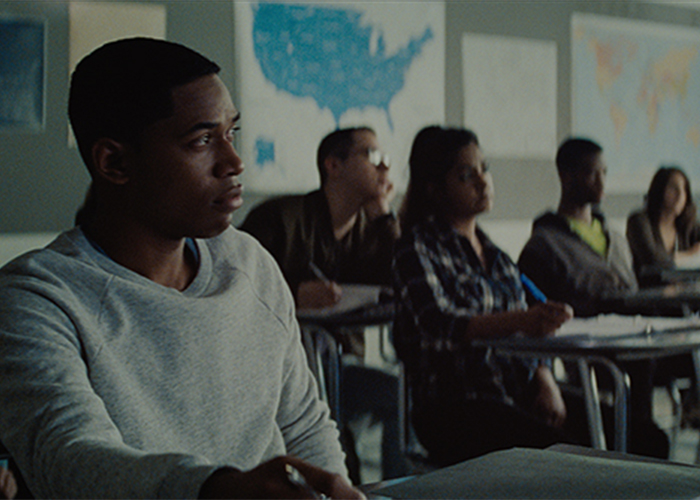Audience Views

Julius Onah, the director alongside JC Lee, builds menacingly and slowly in the direction of the climax that generates as many complicated questions as it answers. Onwards, there are intergenerational tensions caused by inverted and primal segments. There is a stretch of discrimination that runs from harmless prospects to abusive generalizations. Kelvin Harrison Jnr, the champion of Trey Edward Shults’ ” It Comes By Night” is excellent in shifting, tricky roles, as illustrated by two accounts of his parents naming him Luce, a tale first connected to a teary loss, and then as a faddish joke. This film is worth contemplating over. Harrison Jnr’s beautiful performance demonstrates to us how Luce has understood the role of classification of minorities, even as we marvel in certain times if he possesses a dark side. Nevertheless, what makes Harrison’s performance shine is what makes the film fail. Luce starts by asking questions about civil and racial expectations that do not have decisive answers, but that push the audience to think. The movie rapidly abandons the format and rather asks questions about events that have straight answers. The film makes us question if Luce assaulted his girlfriend Stephanie or not. If Stephanie made this up as a planned move by Luce to get Harriet fired, it seems this weird plan does not certainly exist at all. At some point, Luce cries saying he either gets to be a monster or a Saint. The movie’s problem is that it eventually asks us to make these assumptions. It only leaves us with two alternatives: either Luce has flawlessly manipulated the audience to get his less favorite teacher fired or Wilson has tarnished the image of a student she dislikes because he doesn’t meet her political expectations. While the movie doesn’t provide us with answers, whatever choice feels heavily manipulated, and the two are a hindrance from the first question about why and how a black star student traverses through the American liberal enclave.
In this film, Luce has a lot of issues within him, and close consideration of being an actor is probably not on his list. But it does whirl on the dwelling allures of a leading man which is commendable. After many years of good impressions, Spencer is manifesting a great understanding of women who go unnoticed except when in conflict with white or young power holders. We talk about individuality in our nation and ways that individuals can be locked up in boxes, and how we all participate in that without realizing it. There exist people in the community who have a full understanding of humanity around them, and others without. This is a film about challenging our perceptions and blind spots endorsed towards dominating, hurting, or suffocating other human beings. It is a film looking into how we perceive each other about power and privileges that contribute to building the society and culture we live in. It gives each one of us a moment to think deeply about the blind spots we possess.
Leave a Reply